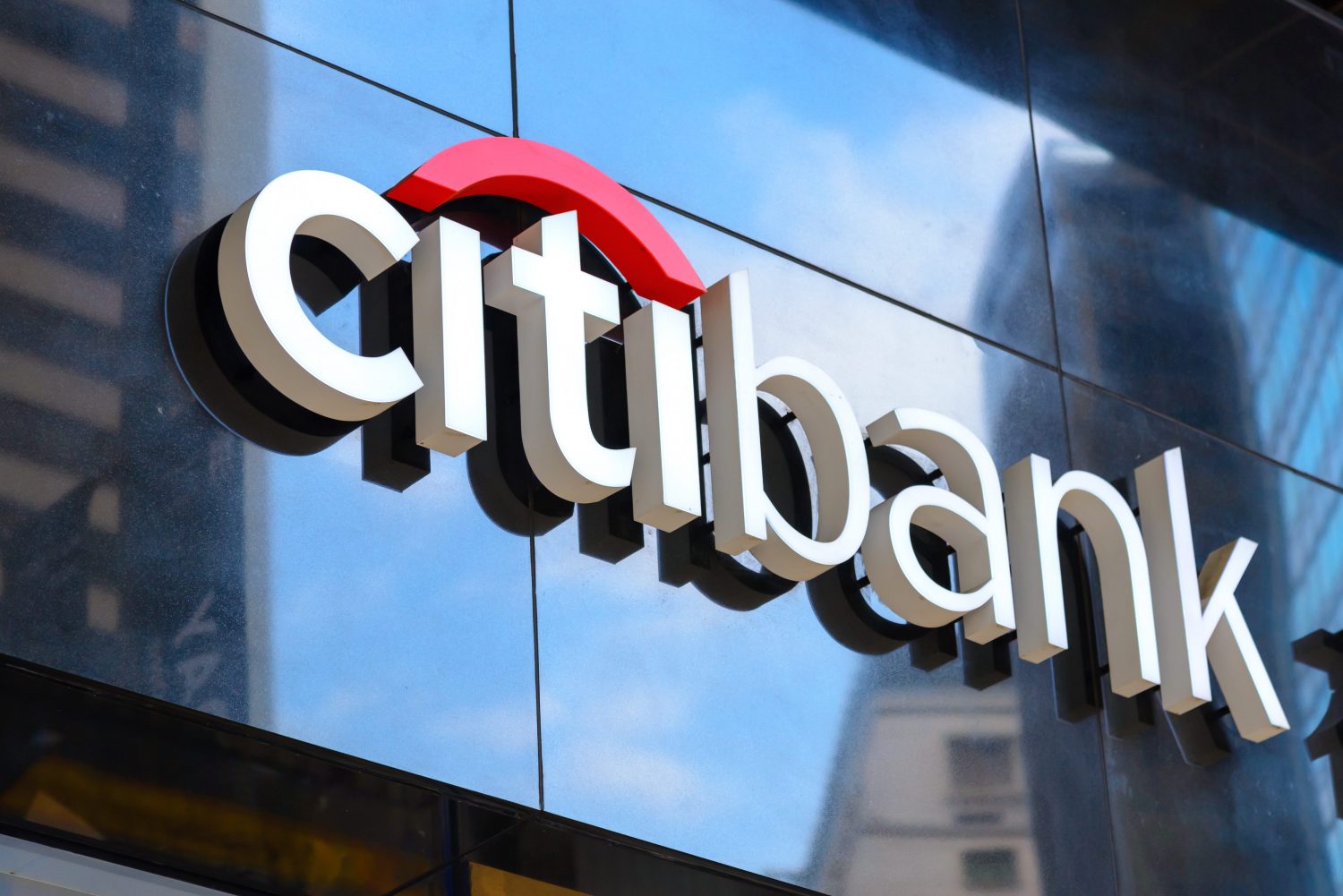U.S. financial institutions showcased the potential of using wholesale CBDCs on an inter-bank distributed ledger.
The Regulated Liability Network (RLN) study involved the Federal Reserve Bank of New York and ten institutions including BNY Mellon, Citi, Mastercard and Swift.
It trialed two use-cases for DLT technology: domestic inter-bank payments and cross-border payments. Transactions were trialed between commercial banks using a theoretical wholesale central bank digital currency (CBDC). “The trial demonstrates the potential to upgrade international payments using deposit tokens settled in wholesale central bank digital currency,” the study said.
- Stablecoin Shift Fuels ‘Selective Altseason’ as Altcoin Trading Outpaces Bitcoin
- Bitcoin miner OTC sales remain robust as reserves decline to their lowest levels in several years, as reported by CryptoQuant
- Bitcoin options market bearish ahead of quarterly expiry
- MEXC: An Emerging Powerhouse in the Cryptocurrency Exchange Landscape
- SafePal S1 Pro: The Game-Changing Crypto Hardware Wallet
Using smart contracts and a sound legal framework
The system demonstrated programmability using smart contracts to allow “simultaneous and in near real-time settlement.” It measured speed, cost and the off-hours availability of settling central bank and commercial bank tokens. Settlements should operate on a common ledger within a sound legal framework, the study advised.
“The use of shared ledger technology, including tokens, to record and update the ownership of central bank and commercial bank deposits should not alter the legal treatment of such deposits,” the study added.
The experiment was conducted in a test environment, used only simulated data and “is not intended to signal the Federal Reserve will make an imminent decision about issuing a CBDC.”

